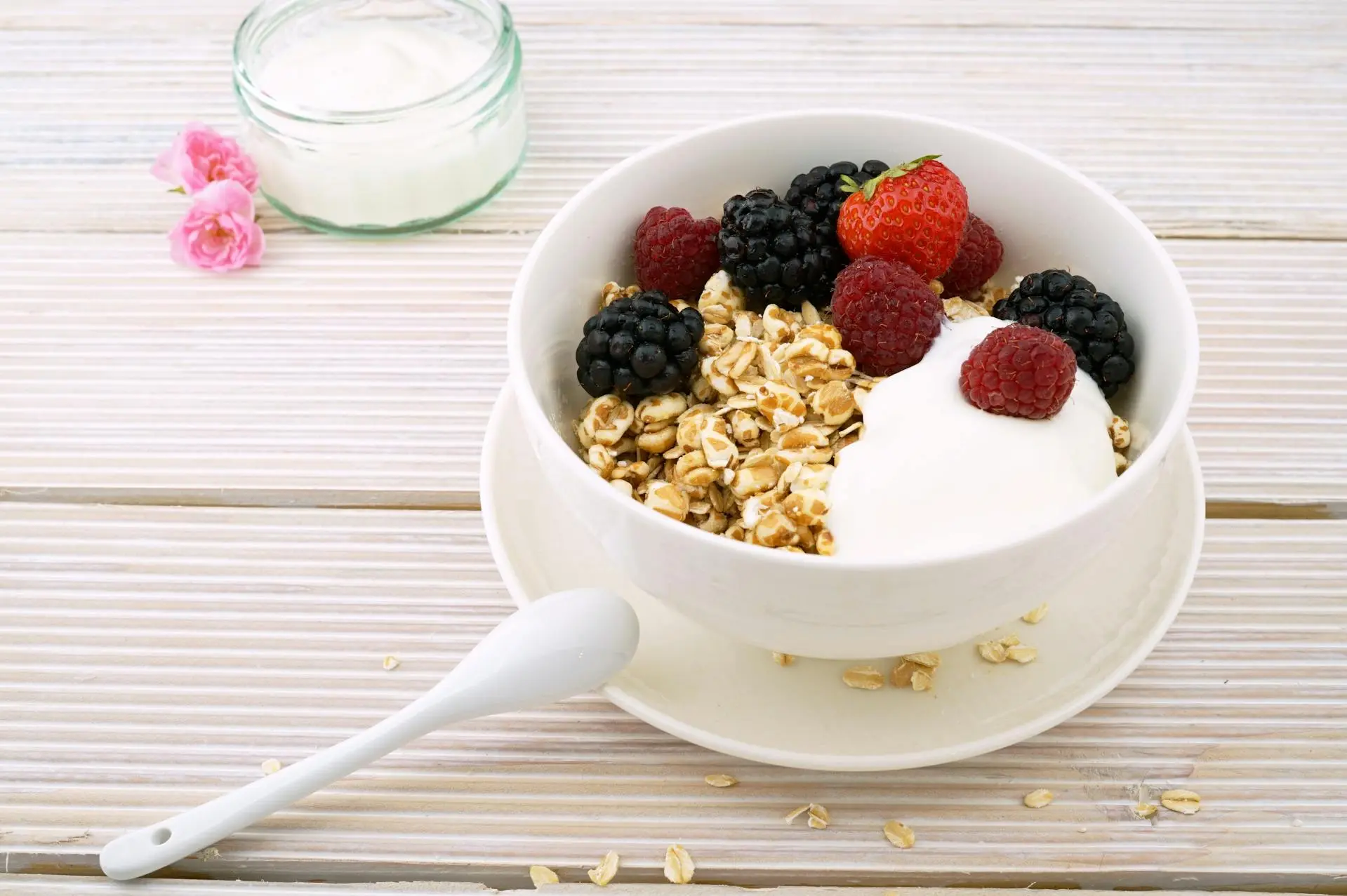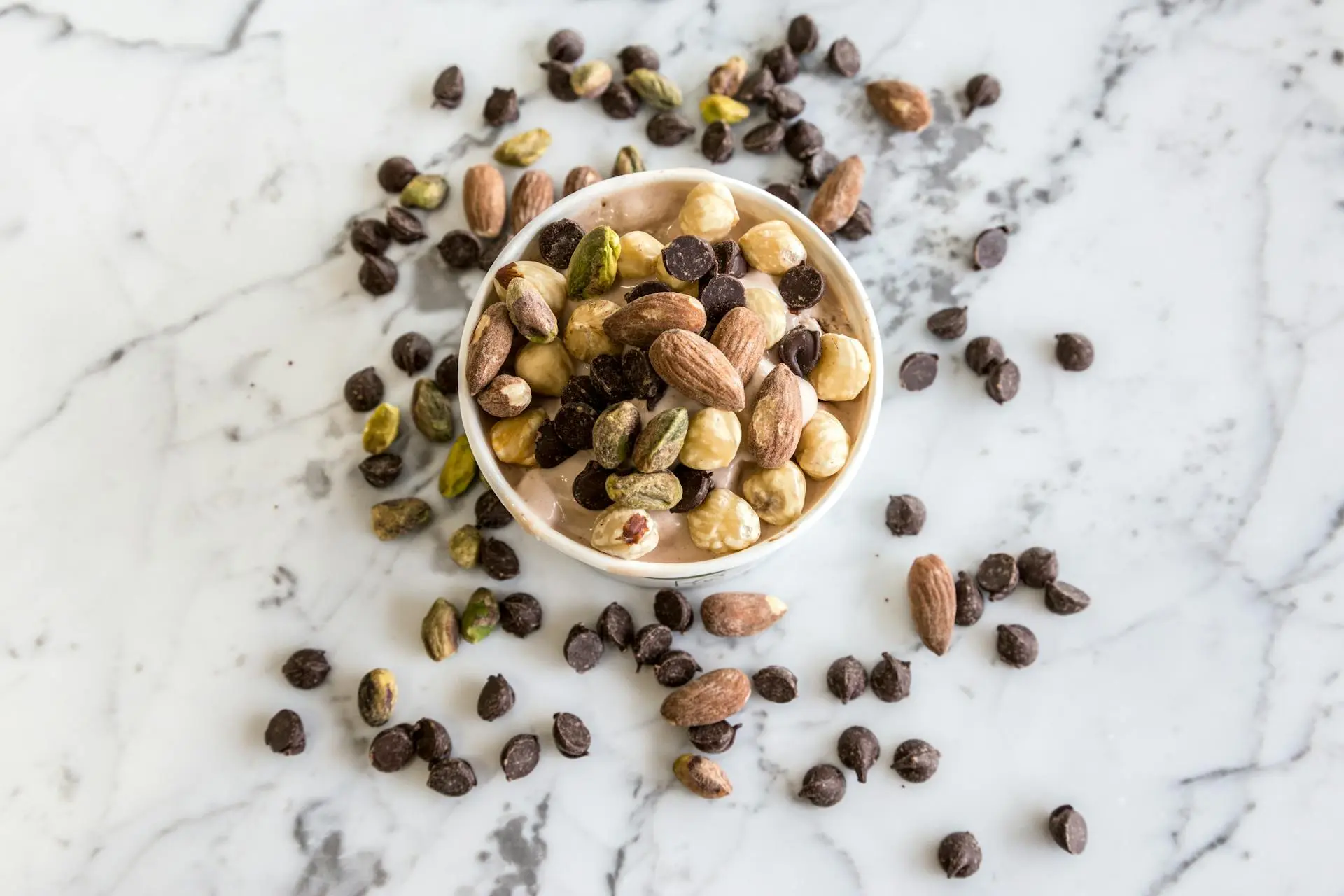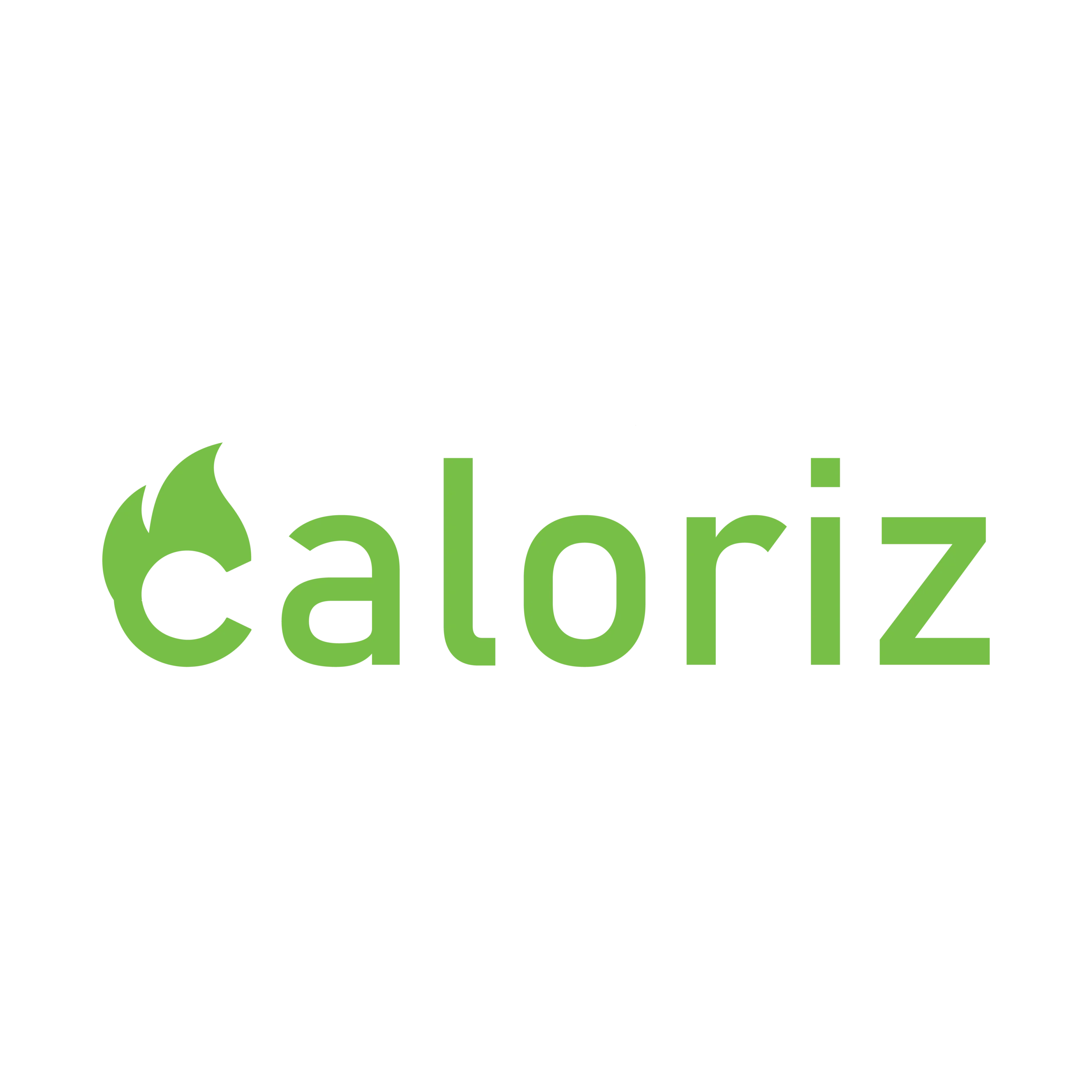Essential Nutrition Tips for Women Over 40: What You Need to Know
As women enter their 40s, their bodies undergo a range of changes that can impact health and wellness. Hormonal shifts, changes in metabolism, and an increased risk of chronic conditions make nutrition even more critical during this decade. Understanding and adapting to these changes can help maintain optimal health and vitality. Here’s a comprehensive guide to essential nutrition tips for women over 40 that will support overall well-being and help navigate this transformative phase of life.

1. Prioritize Balanced Nutrition
A well-rounded diet is fundamental to maintaining health as you age. Focus on incorporating a variety of nutrient-dense foods into your meals. A balanced diet should include:
- Lean Proteins: Vital for muscle maintenance and repair, include sources such as chicken, fish, legumes, tofu, and low-fat dairy products.
- Whole Grains: Choose whole grains like brown rice, quinoa, oats, and whole wheat over refined grains to boost fiber intake and support digestive health.
- Healthy Fats: Opt for unsaturated fats found in avocados, nuts, seeds, and olive oil. These fats support heart health and can help manage weight.
- Fruits and Vegetables: Aim to fill half your plate with colorful fruits and vegetables, which provide essential vitamins, minerals, and antioxidants.


2. Manage Your Calcium and Vitamin D Intake
Bone health becomes increasingly important after 40 due to the risk of osteoporosis. Calcium and Vitamin D are crucial for maintaining bone density and overall skeletal health:
- Calcium: Women should aim for about 1,000 mg of calcium per day, increasing to 1,200 mg after age 50. Include dairy products like yogurt and cheese, fortified plant-based milks, and leafy green vegetables.
- Vitamin D: This vitamin helps with calcium absorption and supports immune function. The recommended intake is 600 IU daily, but it may increase with age. Sun exposure, fatty fish, and fortified foods can help meet your Vitamin D needs, but supplements might be necessary depending on individual circumstances.
3. Embrace Heart-Healthy Foods
Heart disease risk increases with age, making it essential to prioritize heart health through diet:
- Fiber-Rich Foods: Soluble fiber, found in foods like oats, beans, and apples, helps lower cholesterol levels. Aim for 25-30 grams of fiber daily.
- Omega-3 Fatty Acids: These healthy fats, found in fatty fish like salmon, flaxseeds, and walnuts, can reduce inflammation and improve heart health.
- Limit Saturated and Trans Fats: Reduce intake of processed foods and high-fat meats to lower the risk of cardiovascular disease.


4. Address Metabolism Changes
Metabolism tends to slow down as women age, which can affect weight management. To support a healthy metabolism:
- Regular Meals: Eating at regular intervals helps maintain energy levels and supports metabolic function.
- Portion Control: Be mindful of portion sizes to avoid excessive calorie intake. Incorporate smaller, balanced meals throughout the day.
- Stay Active: Regular physical activity, including strength training, can help boost metabolism and maintain muscle mass.
5. Focus on Digestive Health
Digestive health is crucial, especially as the risk of digestive disorders can increase with age:
- Increase Fiber: High-fiber foods, such as fruits, vegetables, whole grains, and legumes, support healthy digestion and prevent constipation.
- Stay Hydrated: Drinking adequate water helps keep digestion smooth and supports overall bodily functions. Aim for at least 8 cups of water a day.
- Probiotics: Foods like yogurt, kefir, and fermented vegetables contain beneficial bacteria that support gut health.


6. Monitor Blood Sugar Levels
With age, the risk of developing insulin resistance and type 2 diabetes can rise. To help manage blood sugar levels:
- Choose Low Glycemic Index Foods: Opt for foods that have a minimal impact on blood sugar levels, such as whole grains, legumes, and non-starchy vegetables.
- Balance Carbohydrates: Combine carbohydrates with protein and healthy fats to slow the absorption of sugars and maintain stable blood sugar levels.
- Limit Added Sugars: Reduce consumption of sugary snacks, desserts, and beverages.
7. Stay Hydrated
Proper hydration supports overall health, including skin elasticity, joint lubrication, and kidney function:
- Water: Drink plenty of water throughout the day. If you find plain water boring, add slices of fruit or a splash of lemon for flavor.
- Limit Caffeine and Alcohol: Excessive caffeine and alcohol can lead to dehydration and interfere with nutrient absorption. Moderation is key.


8. Adjust for Hormonal Changes
Hormonal fluctuations during perimenopause and menopause can impact energy levels, mood, and overall health. Nutrition can play a supportive role:
- Phytoestrogens: Foods like soybeans, flaxseeds, and chickpeas contain plant-based estrogens that may help balance hormones.
- Magnesium and B Vitamins: These nutrients can support mood stability and energy levels. Include sources like leafy greens, nuts, seeds, and whole grains in your diet.
9. Pay Attention to Mental Health
Nutrition also affects mental well-being. To support cognitive function and emotional health:
- Omega-3 Fatty Acids: These fats, found in fish and flaxseeds, are linked to improved brain health and mood.
- Antioxidants: Foods rich in antioxidants, such as berries, nuts, and green tea, help protect brain cells from oxidative stress.


10. Regular Health Screenings
Regular check-ups and screenings are vital to monitor your health and make necessary dietary adjustments:
- Blood Tests: Regularly check levels of cholesterol, blood sugar, and other markers to tailor your diet as needed.
- Bone Density Tests: After age 50, consider bone density testing to assess osteoporosis risk and adjust calcium and Vitamin D intake accordingly.
Frequently Asked Questions (FAQ)
How can I balance my diet with a busy schedule?
What are the best sources of calcium if I am lactose intolerant?
How much water should I drink daily?
What should I do if I have trouble sleeping?
How can I manage stress through nutrition?
Are there specific vitamins or supplements I should consider after 40?
How can I maintain a healthy weight as my metabolism slows down?
Navigating your 40s and beyond requires a mindful approach to nutrition. By focusing on balanced, nutrient-dense foods, managing key nutrients, and adapting to bodily changes, you can support your health and well-being. Remember, every individual’s needs are unique, so consider consulting a healthcare professional or registered dietitian to create a personalized plan that best suits your lifestyle and health goals.
Embrace these nutritional strategies to thrive through your 40s and beyond, and enjoy the vitality and well-being that come with a thoughtful approach to eating.
Follow & Subscribe
An Amazing Newsletter Awaits You!
Latest Article
Latest News & Blogs

